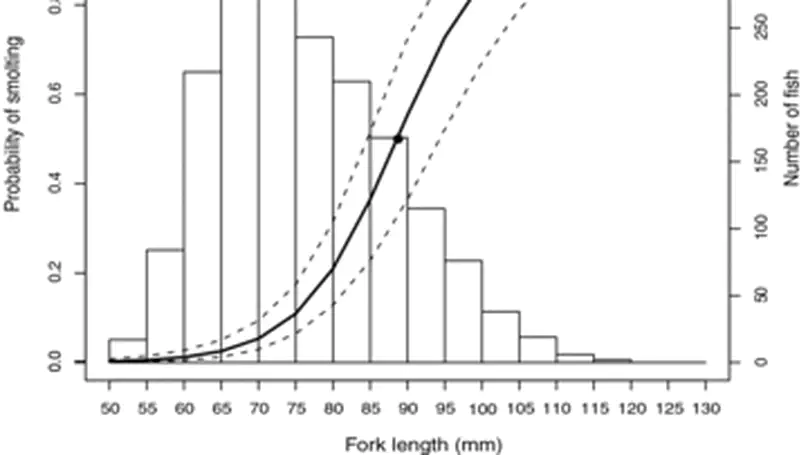Biography
My primary research goals are directed toward investigating eco-evolutionary dynamics and the impacts on demography evolutionary demography. It involves exploring life history evolution, dispersal strategies and associated evolutionary processes in the wild such as selective survival, evolutionary trade-offs (e.g., cost of reproduction) and phenotypic plasticity (e.g., conditional strategies).
I’m particularly interested by integrative approach, e.g. integrating within a single and coherent framework demography, evolutionary processes such as life history decisions and evolutionary trade-offs, while explicitly represent the underlying mechanisms that generate our observations (e.g. physiological mechanisms or capture processes).
For that purpose, I developed skills in quantitative biology, including familiarity with Individual-Based Modeling and Hierarchical Bayesian Modeling to explore complex models (state-space modeling, structural equation modeling, and quantitative genetics methods). Within these frameworks, one can confront theories and concepts in evolutionary biology with observational data through appropriate statistical tools.
Download my resumé.
- demo-genetic individual based model
- Bayesian hierarchical model
Ph.D, Population biology and Evolutionary Ecology
University of Montpellier II, France
Master of Evolutionary Biology and Ecology
University of Montpellier II, France
Master of Aquatic ecosystem dynamics
University of Pau and Pays Adour (UPPA), France
Skills
90%
100%
10%
Experience
Responsibilities include:
- Analysing
- Modelling
- Deploying
Recent & Upcoming Talks
Featured Publications

Evolutionary trade-offs among demographic parameters are important determinants of life-history evolution. Investigating such trade-offs under natural conditions has been limited by inappropriate analytical methods that fail to address the bias in demographic estimates that can result when issues of detection (uncertain detection of individual) are ignored. We propose a new statistical approach to quantify evolutionary trade-offs in wild populations. Our method is based on a state-space modeling framework that focuses on both the demographic process of interest as well as the observation process. As a case study, we used individual mark–recapture data for stream-dwelling Atlantic salmon juveniles in the Scorff River (Southern Brittany, France). In freshwater, juveniles face two life-history choices: migration to the ocean and sexual maturation (for males). Trade-offs may appear with these life-history choices and survival, because all are energy dependent. We found a cost of reproduction on survival for fish staying in freshwater and a survival advantage associated with the “decision” to migrate. Our modeling framework opens up promising prospects for the study of evolutionary trade-offs when some life-history traits are not, or only partially, observable.
Recent Publications
Contact
- test@example.org
- 888 888 88 88
- 450 Serra Mall, Stanford, CA 94305
- Enter Building 1 and take the stairs to Office 200 on Floor 2
-
Monday 10:00 to 13:00
Wednesday 09:00 to 10:00 - Book an appointment
- DM Me
- Zoom Me


